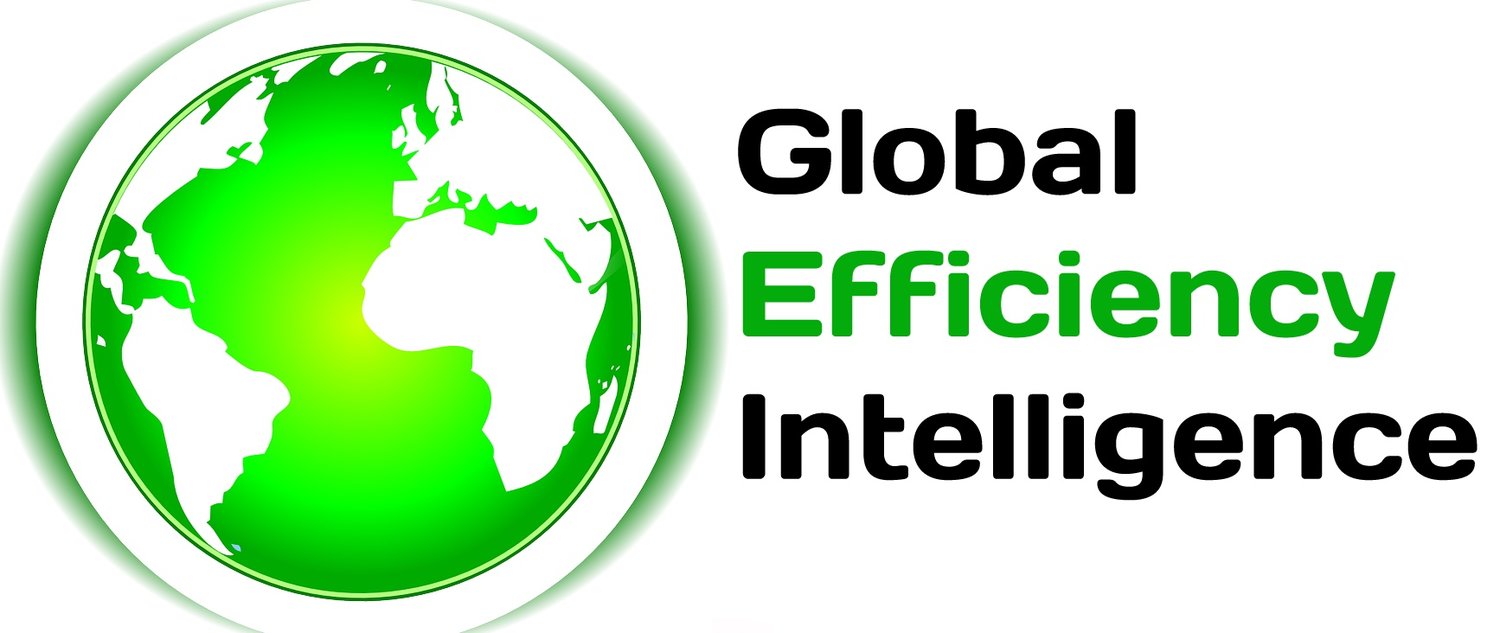Buy Clean Policy in Canada
Canada spends billions of dollars each year on public procurement: the purchase of goods and services by public authorities such as government departments. In 2020, Canada spent approximately CA$ 218 billion on public procurement (by all levels of government). This large-scale purchasing power gives the government leverage in driving markets towards the development of low-carbon goods and services.
Green public procurement (GPP) is a policy instrument where public entities seek to procure goods with a reduced environmental impact throughout their lifecycle relative to similar goods that provide the same function. GPP adoption is increasing around the world as national governments, sub-national governments, and multilateral entities develop policies to reduce their carbon footprints and create new low-carbon markets. Whereas GPP covers a wide array of environmental impacts and goods, the Buy Clean policy specifically focuses on reducing the greenhouse gas (GHG) emissions associated with materials procured by the government. The initial focus is primarily on carbon-intensive construction materials such as cement, concrete, steel, aluminum, glass, etc.
In Canada, some elements of the Buy Clean policy are already in place. The federal Greening Government Strategy announced in 2017 established a goal of net-zero emissions by 2050, including the procurement of goods and services. The government will reduce embodied carbon by 30% starting in 2025 through the use of recycled and lower-carbon materials, material efficiency, and performance-based design standards, and conduct a whole building life-cycle analysis by 2025 for major projects. In service of this, the government is building a repository of reliable emissions data through the Low Carbon Assets through Life Cycle Assessment (LCA2) initiative.
Global efficiency Intelligence, LLC is conducting a study that focuses on advancing Buy Clean policy for three energy- and carbon-intensive industries/products: cement, steel, and aluminum. We are analyzing the scale of procurement of these products for public constructions and estimating the GHG impact of potential Buy Clean policy. We are also investigating the current status of Buy Clean in Canada and applying learnings from international best practices, we make the recommendations for a federal Buy Clean policy in Canada.

